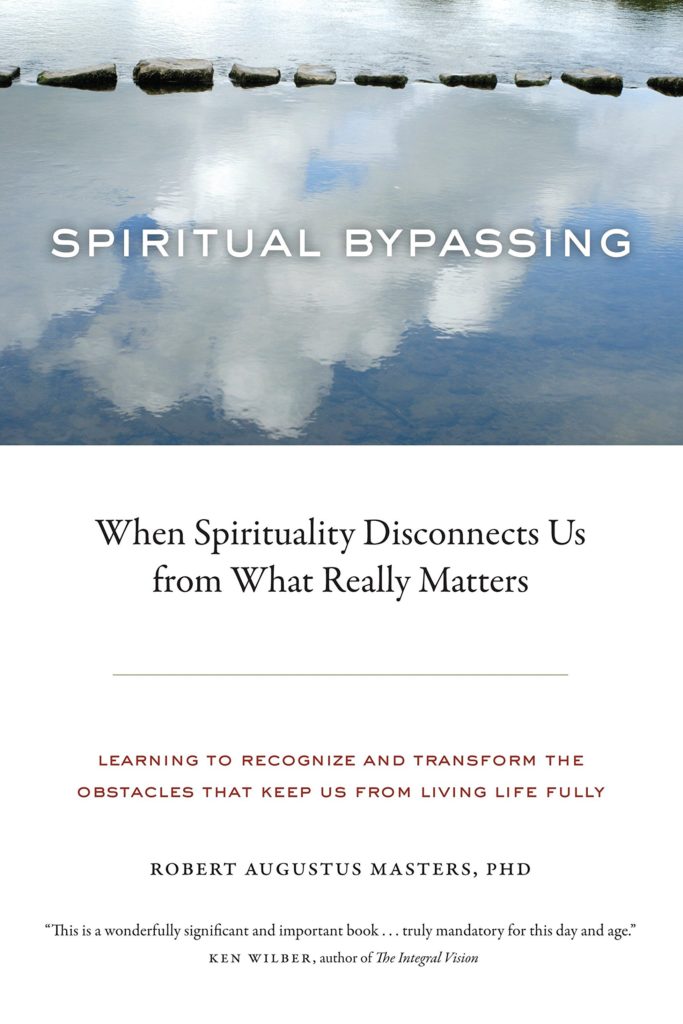Today, we have all heard about meditation and its virtues.
Yet, we hear much less about its dangers.
If you want to practice meditation, I would like to question your motivation.
- What brings you to consider the practice of meditation?
- What are you looking for exactly?
- Do you need to be well? to sleep better? to think less? to be happier?
It is true that the practice of meditation can bring all of the above, and much more.
But I always wonder when I hear someone around me getting interested in meditation, if a psychotherapy, and/or a coaching program would not be more suited to their situation, or at least necessary in addition to the practice of meditation.
I have been meditating almost every day for ten years now, and my practice of meditation has evolved over the years.
At first, meditation re-energized me fully.
Then, I had a phase of my life where I was not happy. I needed change. And during this period, I used meditation to escape my daily life
In fact, I do not know if what I was practicing was really meditation. Maybe it was a kind of transcendental meditation, but with hindsight, I feel like I was just cutting off from my body, my feelings, and my emotions, dissociating myself. I only wanted to feel good.
The desire to escape from the body is not new. Many religions invite us to reject our body (and its pleasures) in order to favor only our spirit. Why ? Probably to get us to accept the difficulties of everyday life by promising us a world without suffering for our « afterlife ». Indeed, it is easier not to feel the pain when we cut off from our bodily sensations.
Some therapies (which I do not recommend) also go toward this direction, especially transcendental psychotherapy which insists on feeling moments of grace, to transcend the ego, but which does not incorporate any change of the ego.
I do not think that only wanting to feel good, or to transcend the ego is the solution to happiness. If your desire is to live like a hermit in the mountains, maybe it can help you. But if you aspire to live a life fully engaged in daily life, I find that an integral approach is more adequate. Moreover integral philosophy (or integral psychology) invites us to « include and transcend » the ego. Without denying the interest of the moments of grace (and the importance of transcending the ego), it reminds us that an essential prerequisite for this is the construction of a healthy ego that helps us to function properly on a daily basis.
A book that I find interesting on the subject is the book « Spiritual Bypassing » by Robert Augustus Masters.

When I read this book, I took a slap. It was a salutary awakening for me. I realized by reading it how much I was cut off from myself, and how much I was not accepting the pain of what I was feeling in my body.
It is only by reconnecting with my feelings, my emotions, and my body, and this includes practicing meditation, that I was able to find more well being in my daily life. The integral coaching® programs that I followed were particularly helpful in helping me change.
Now, you have to know that reconnecting to the body takes a lot of time, and that it’s probably the work of a lifetime.My practice of meditation today integrates my bodily sensations. It is not always easy, because some of these feelings are sometimes really unpleasant and painful.But by inviting them, feeling them, and living them fully, I can now better understand the message they have to give me. Once the message is received, these uncomfortable feelings often leave me alone.
I’ve also understood that some of these very uncomfortable sensations are related to old emotional trauma, and that it is not wise to try to feel these sensations all at once. Because there’s a risk that you retraumatize yourself. To free yourself from trauma, it is important to go slowly. Somatic Experiencing (a somato-therapeutic approach) teaches us to feel the pain of trauma little by little (like a titration in chemistry).
In summary :
- Why do you want to practice meditation?
- Do you need to change something in your life? If so, then also consider coaching or psychotherapy.
- Do you want to feel good? If so, then do not forget that it involves feeling all your bodily sensations (including those that are unpleasant and painful).
- Do you have old trauma to heal? If so, then avoid meditation for now, and heal your trauma first (with Somatic Experiencing for example).
If you need support to change, and/or to safely integrate meditation into your daily life, do not hesitate to contact me for an integral coaching® program.


